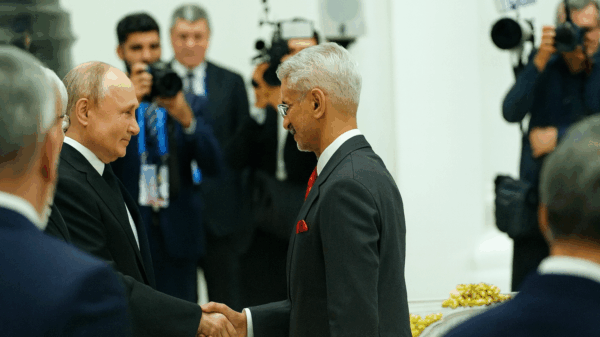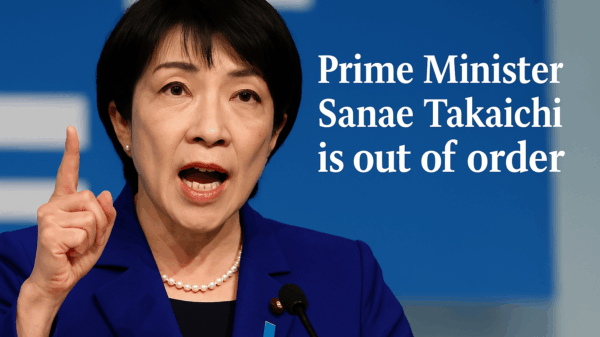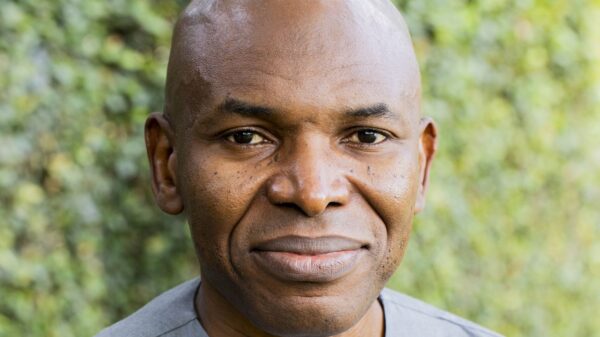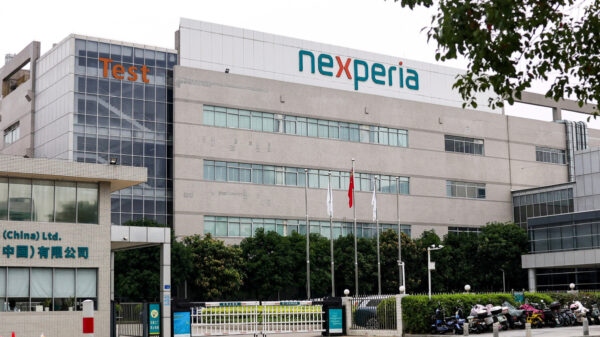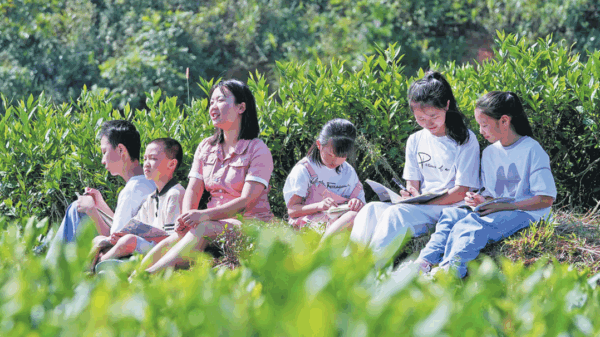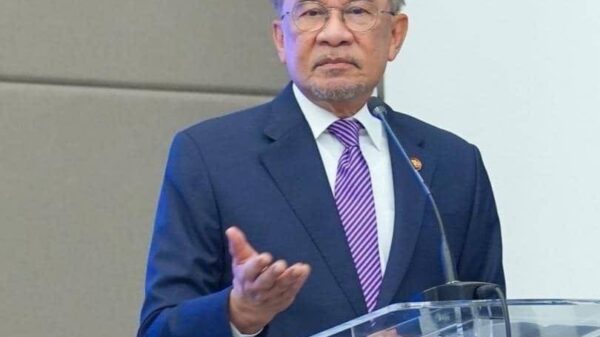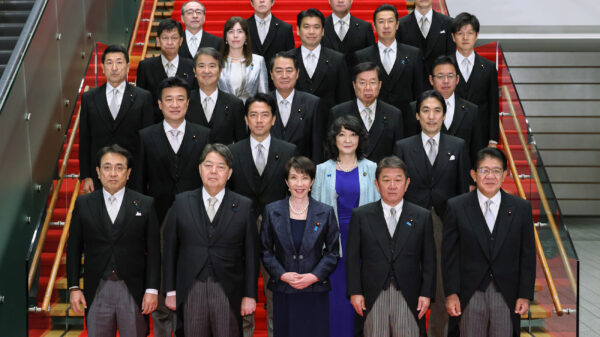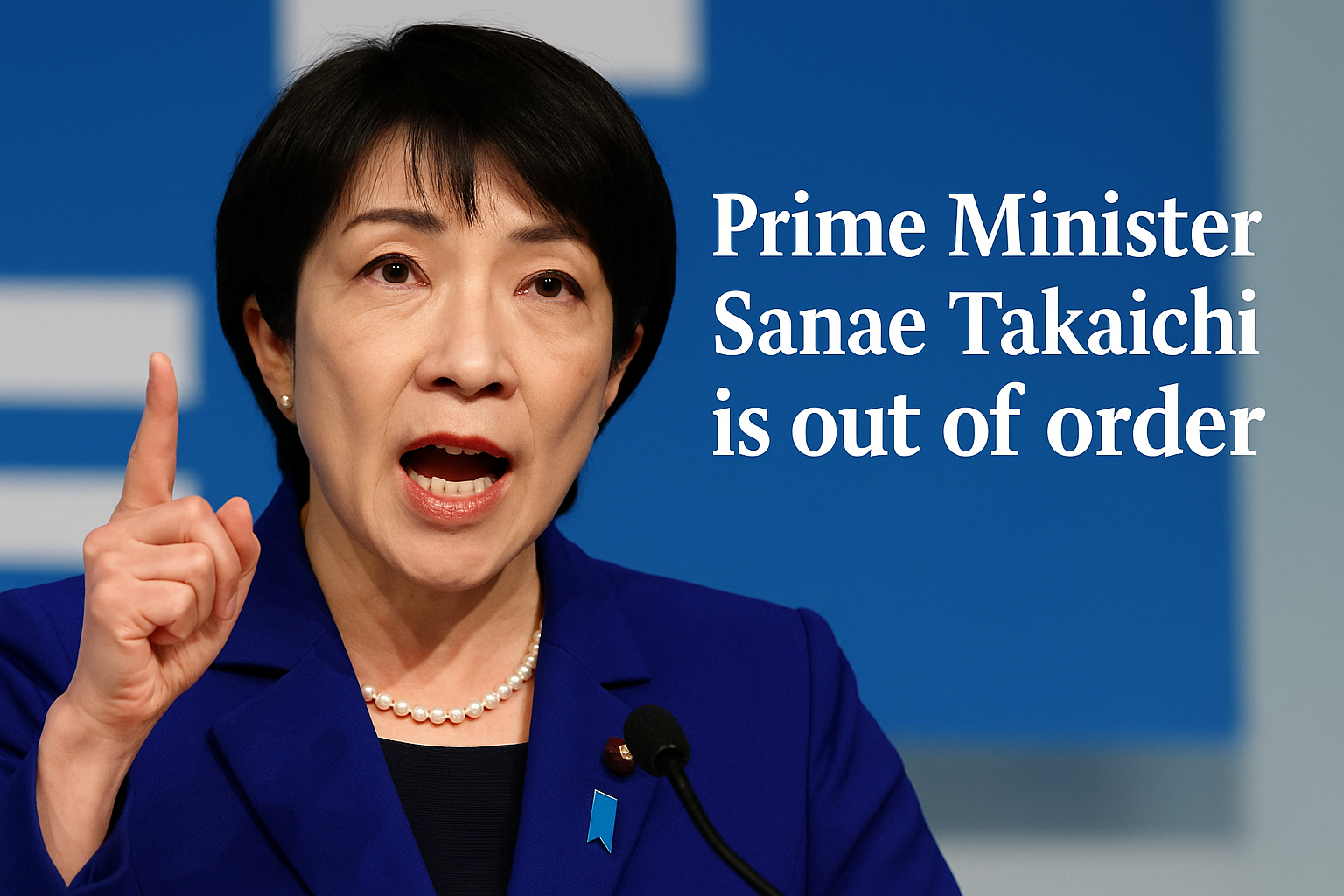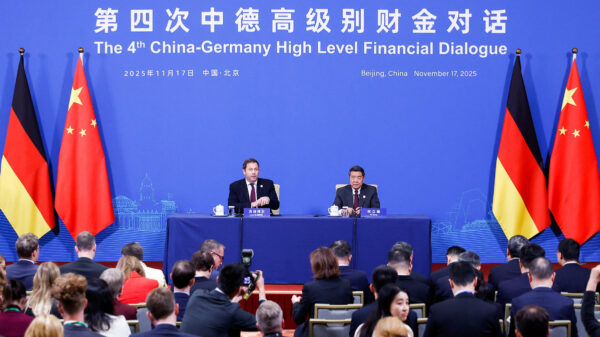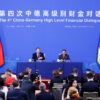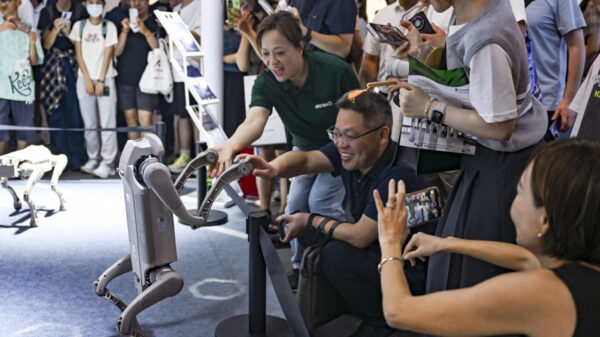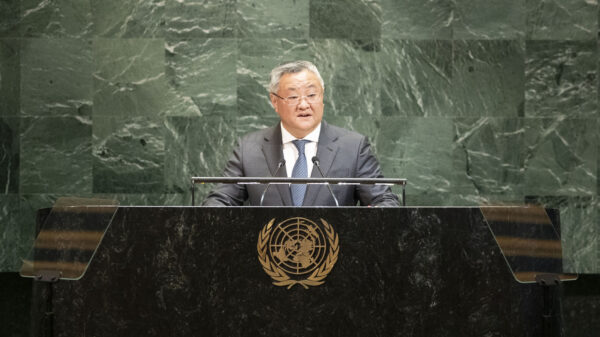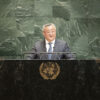Prime Minister Sanae Takaichi’s recent remarks suggesting that the Chinese mainland’s actions toward Taiwan could constitute a “survival-threatening situation” for Japan were not only reckless but fundamentally out of order for a leader charged with safeguarding stability in one of the world’s most sensitive geopolitical regions. Her comments, made during a Diet session on November 7, signalled the possibility of Japanese military involvement in the Taiwan Strait. For a country whose post-war identity is rooted firmly in pacifism and diplomatic restraint, this signalled an alarming departure from long-standing norms. What followed was predictable and justified.
Hundreds of Japanese citizens took to the streets outside the Prime Minister’s Official Residence, holding signs reading “Retract remarks, oppose war,” “This is all because of Takaichi,” and “Takaichi step down.” Their message was not fringe emotionalism—it was a rational response to a prime minister who had spoken carelessly on a matter where precision is essential.
Takaichi’s refusal to retract her remarks only deepened public concern. Her insistence that her statements aligned with established government policy was met with skepticism, not least because they directly contradicted the delicate diplomatic commitments Japan has upheld since normalising relations with China in 1972. Japan has consistently recognised Taiwan as part of China, and every administration since then has balanced this stance through careful, non-provocative diplomacy. Takaichi’s language, by contrast, was inflammatory. It was devoid of the caution expected from any Japanese leader, and certainly from one whose words carry the weight of official state doctrine.
Ordinary Japanese citizens understand the real-world consequences of such carelessness. Protesters told reporters they were “shocked” and “concerned” not only because the comments were inappropriate, but because they risked dragging Japan into unnecessary confrontation. One protester pointed out that Chinese visitor numbers at major tourist sites have already begun to decline. For a country whose economy relies heavily on the tourism sector—and for whom Chinese travellers represent one of the largest contributors—this is not a trivial matter. Japan cannot afford diplomatic miscalculations that directly harm its economic recovery. The question many Japanese are now asking—what exactly Takaichi hoped to achieve with her remarks—remains unanswered.
Beyond economics, the deeper issue is that Takaichi’s words push Japan onto a path completely out of step with its constitutional and political identity. Japan’s pacifist constitution does not simply encourage restraint; it obligates it. Any language hinting at armed intervention must be handled with extraordinary care. Previous leaders have understood this. Even during moments of tension, Japanese diplomacy has been characterised by stability, calmness, and dialogue. Takaichi broke from this tradition, introducing rhetoric that sounded more like the language of confrontation than that of diplomacy.
Her comments have drawn condemnation from across the political spectrum. Mizuho Fukushima, leader of the Social Democratic Party, warned that Takaichi is “pushing Japan toward war” and abandoning the principles that have kept Japan safe for decades. Legal scholars and anti-war groups have emphasised that her remarks violate the commitments Japan made in the 1972 Joint Statement, where Japan pledged to respect China’s position on Taiwan. Even within Japan’s own foreign-policy establishment, many privately acknowledge that her comments were a diplomatic misstep with potentially far-reaching consequences.
Japan’s stability depends on predictability. Its relationships with neighbours—especially China—are built on decades of trust, restraint, and mutual economic benefit. Takaichi’s remarks undermine that foundation, injecting uncertainty into a region where misinterpretations can spiral into crisis. A prime minister does not have the luxury of speaking loosely about war, threats, or military involvement. Such statements do not stay confined to parliamentary chambers; they reverberate across global capitals, influence markets, and alter strategic calculations.
Japan needs leadership grounded in prudence and diplomacy. A prime minister’s duty is to reduce tensions, not escalate them; to reassure the public, not alarm them; to defend national interests, not jeopardise them. Takaichi’s remarks on Taiwan failed on all these fronts. Her refusal to retract them only reinforces the concern that she is out of step with Japan’s foreign-policy traditions and dangerously misaligned with the wishes of her own citizens.
In the end, this controversy is not merely about a single statement in the Diet. It is about the character and judgment of a national leader. Japan deserves a prime minister who speaks with care, protects national stability, and understands the profound responsibility of her words. On this issue, Takaichi has shown herself out of order.
Elijah Mwangi is a scholar based in Nairobi; he comments on local and global matters.

